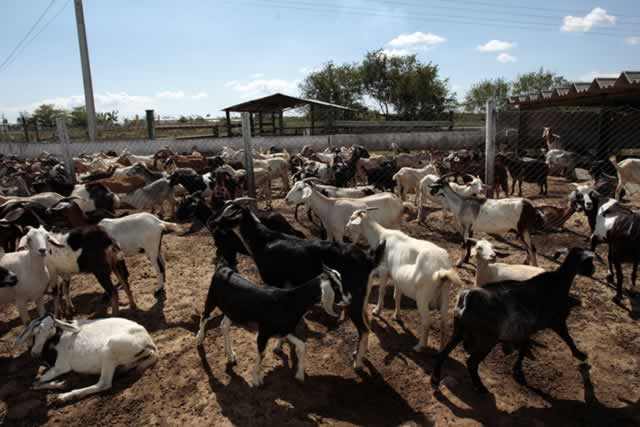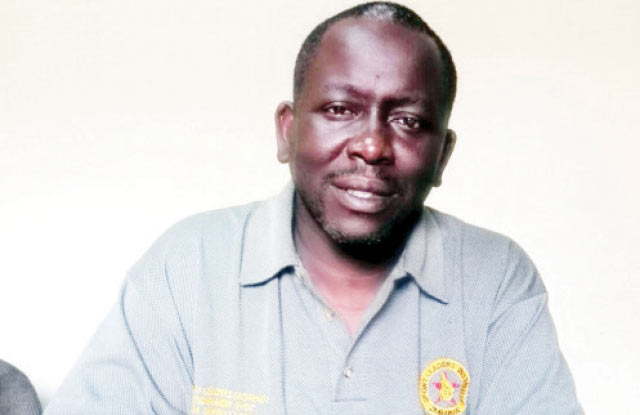Transforming livelihoods one SACCO at a time

Anesu Freddy
EKING out a living as a livestock keeper in the rural, semi-arid locality of St Lukes, Lupane located some 170 kilometres west of Zimbabwe’s second largest city, Bulawayo, Mrs Senzeni Nyathi, the chairperson of Fundani SACCO narrates with pride the respect and admiration associated with her occupation.
“People are coming to see our project so that they can go and do it too. It’s mostly other women who have seen that we are now able to feed our children, pay school fees among others,” says a jovial Mrs Nyathi.
The acronym SACCO stands for Savings and Credit Co-operative, a type of co-operative whose objective is to pool savings for the members and in turn provide them with credit facilities.
With seed funding from the Inclusive Growth and Sustainable Livelihoods project of UNDP, the Fundani SACCO ventured into the practice of goat-keeping, positioning their group as a leader in the leather, meat, and milk value chains in Lupane.
Thanks to the success of this investment, team members are able to access funding from their SACCO and start their own businesses.
As an example, Ms Soneni, also from Fundani used SACCO funds to start a catering business, which won a tender to provide catering services at Lupane State University. Ms Soneni now earns about $2 500 per month, which she uses for school fees, household expenses and savings.
What’s more, successful SACCOs are providing a template for other groups and communities to learn from.
“We were suffering, with no way to earn money, but we can now meet household expenses and pay school fees. We no longer know what poverty is — we lack nothing in our homes,” relates Edith Chagadama, a member of Gawa Cooperative in Gokwe South district in the Midlands province.
SACCO members such as Ms Penias Tshuma, of Fundani SACCO are grateful for the training, networks and access to markets for their products that they receive through SACCOs.
“I have customers from as far as Victoria Falls and Bulawayo. I have received technical training and have access to carpentry equipment from the Common Facility Centre to produce quality products. I earn an average of $650 per month and have been empowered financially. I can testify that I have hired three assistants. Apart from creating employment, I have income to take care of my family,” says Ms Tshuma.
Since 2016 the Inclusive Growth and Sustainable Livelihoods Project of UNDP has been operating in four drought-stricken districts in the country: Gokwe, Lupane, Nkayi and Binga. With a mandate to reduce poverty, the project seeks to provide some of the poorest communities with the resources (skills, financing, inputs, starter-kits etc) to enable them to leverage local resources and endowments for sustainable income generation.
Thus far UNDP has granted SACCOs in these four districts $77 500 in seed funding to support their growth (this seed funding is paid back by the SACCO over two years. and reinvested into new SACCOs). At the end of April 2017, the cumulated funds for UNDP supported SACCOs in the four districts totalled $120 748. — Sourced from UNDP Zimbabwe website












Comments